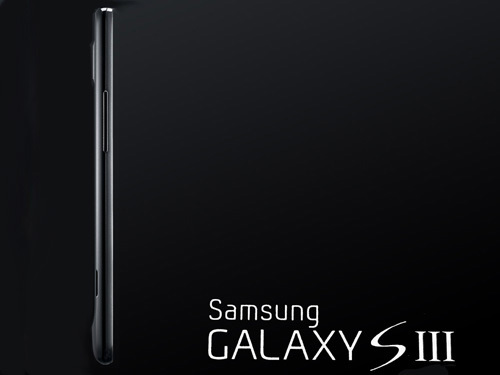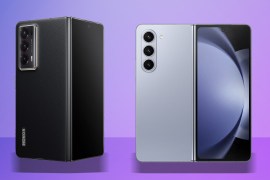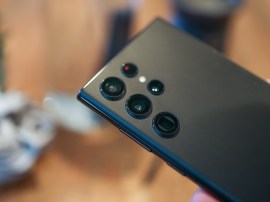Samsung Galaxy S3 – rumour round-up
Everything there is to know about Samsung’s new flagship mobile phone, all in one place

Samsung is undeniably an alpha gadget maker, and its totem of power is the Galaxy S II. After winning a flurry of awards, selling over 30 million smartphones and leaving consumers dreamy eyed and drooling over its dazzling Super AMOLED screen, it’s no wonder the next iteration – the Galaxy S3 – is a highly hyped release. Here’s everything we know so far…
UPDATE it’s out! Read our Samsung Galaxy S3 review
– Samsung Galaxy S3 set to arrive in blue and white next week
– Samsung Galaxy S3 vs iPhone 5
– Is this the Samsung Galaxy S3?
– Samsung Galaxy S III photo and manual leak
– Samsung Galaxy S3 prototype reveals bigger home button
– Samsung Galaxy S3 name shows up in Mobile Unpacked 2012 app
– Samsung Galaxy S III makes an appearance
– Samsung Galaxy S III with 12MP camera appears on Amazon
– Samsung Galaxy S3 gets official teaser video
– Samsung Galaxy S III looks set to be most powerful mobile device yet
– Samsung Galaxy S III launch date could be on March 30th
– Samsung Galaxy S III to be unveiled on May 3rd?
– Samsung Galaxy S III to keep Home button?
– Samsung Galaxy S III screen specs leak
– Samsung Galaxy S III launch date, picture and spec leaks
– Samsung Galaxy S III may land in April
– Samsung Galaxy S III is packing wireless charging
– Samsung confirms quad-core chip for Galaxy S III
– Samsung Galaxy S III photo allegedly leaked by insider
– Samsung Galaxy S III spotted, again
– Samsung Galaxy S III could be finished and in production
– Samsung Galaxy S III coming before July
– Samsung Galaxy SIII is coming in April
– Samsung Galaxy S III set for 4.8in full HD display and ceramic build
– MWC 2012 – Samsung Galaxy S III to pack new quad-core Exynos processor?
– Samsung Galaxy S III set for 4.8 full HD display and ceramic build
– Samsung Galaxy S III may be revealed at March 22nd event
– Samsung Galaxy S III could be just 7mm thin
– Samsung Galaxy S III to get curved design?
– Samsung Galaxy S III to land in summer 2012
– Samsung Galaxy S III appears online
– Samsung Galaxy S III skipping MWC 2012?
– Samsung Galaxy S III captured on camera?
– Samsung Galaxy S III to get Exynos quad-core
– Samsung 16MP smartphone camera spotted, could wind up in Galaxy S III



